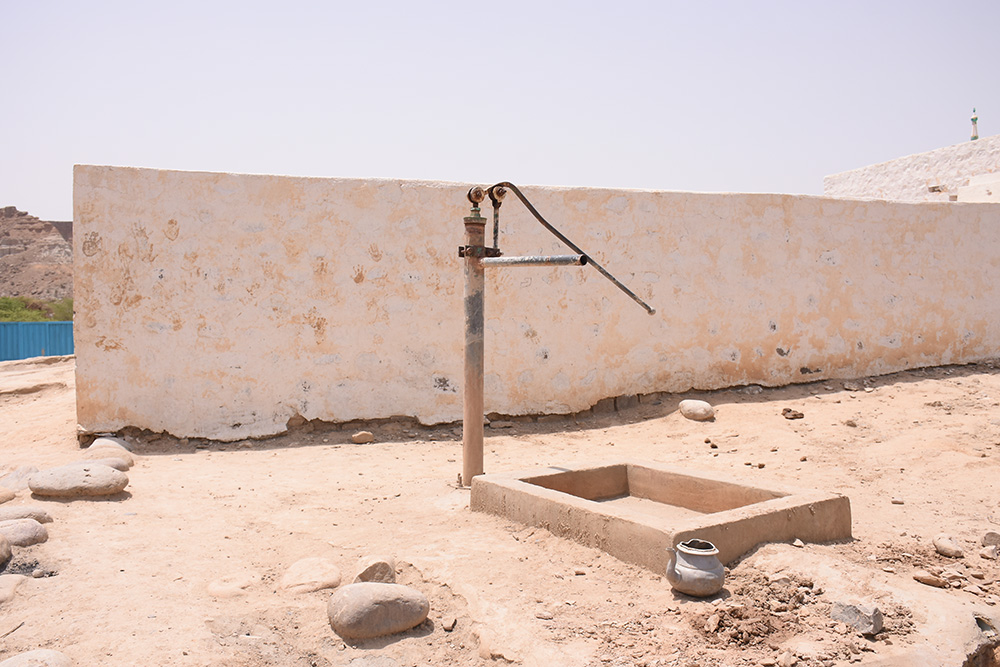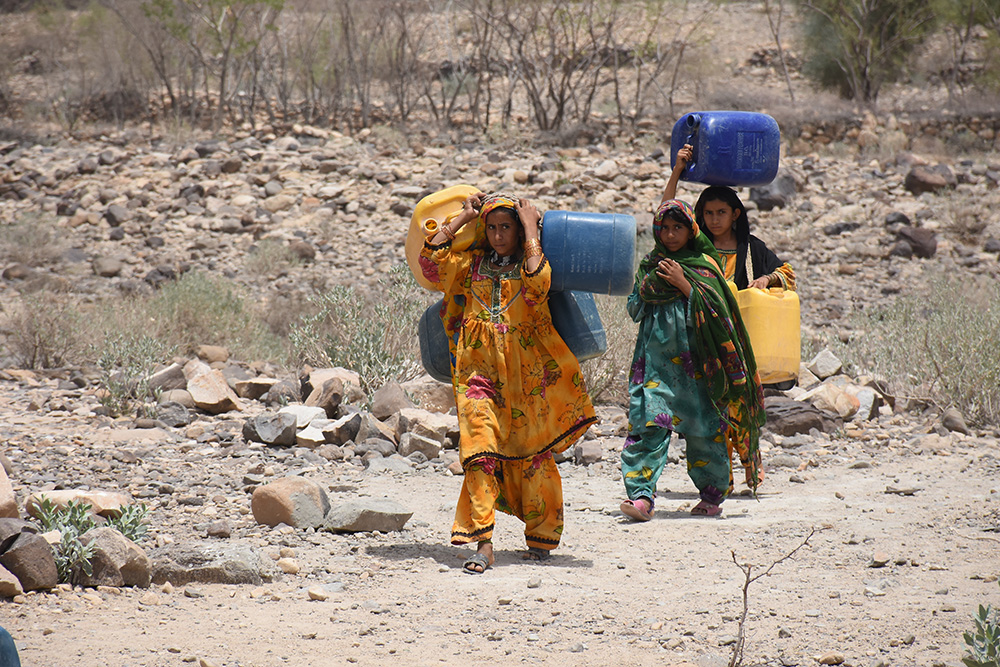Balochistan was once known for its deep blue, crystal clear waters. But that was a long time ago. Today, it is in the grip of a severe water crisis. Previously abundant reservoirs have shrunk in the past decade, and it is about to get even worse, experts have warned.
The water shortage was first noticeable in the province in 1997. Then, in 2000, a drought, originating from Aranji, a sub-tehsil of Khuzdar district, swept through 22 districts of Balochistan.
The calamity triggered a mass migration, forcing people to leave due to hunger and diseases. Successive provincial governments claim that they have been able to reverse the trend and have succeeded, to a large extent, in overcoming the situation. But those who live in the area and nearby can already sense another storm brewing: climate change.

In Balochistan, though heavy snow and rainfalls disrupt everyday life, they have been seen as a welcome change. Both replenish underground water, seasonal streams and rivers. In some cases, the water would fill beyond capacity, bursting the river banks to flood surrounding areas.
However, that is no longer the case. The provincial government’s data, available with Geo.tv, estimates a drop in the annual average rainfall in the province from 19.5 inches in 1982 to less than four inches in 2018.
More worryingly, the data further adds that at present, the annual recharge of underground water is about 38 cusecs against the annual discharge of 67 cusecs, with a deficit of 29 cusecs.
The water level is declining at the rate of 10 feet per year in Balochistan’s capital city, Quetta. In some areas, borings have to be dug up at a depth of 1,500-4,000 feet.
Hundreds of karazes – underground water tunnels – have also dried up due to a deepening of the water table. The karaze is a traditional water source in the province, dating back to the time of the Mughals. It is usually a perforated tunnel which can be one to five kilometres long. The holes are protected by mounds of soil so that the tunnel does not get silted during flash floods.

Moreover, the dry spell and depleting underground water resources have badly affected agriculture in the province as farmers cut down the size of their orchards to arrange for firewood.
A large number of orchards in Pishin, Khanozai, Loralai and other areas of Balochistan tell a sad tale of negligence of successive governments that did nothing to preempt the situation. Farms of apple, almond and pomegranate could not bear fruit last season. Simultaneously, the health of livestock — another major source of income for the rural people — has also been affected due to the paucity of fodder.
In May, the chief justice of Pakistan took a suo motu notice of the acute water shortage in Balochistan. Two former chief ministers were quickly summoned to the court to explain the dire situation. “I will be the first to donate money if the water issue is resolved only through donations,” the chief justice told those present. In subsequent hearings, he ordered the government to take immediate action against those who are not paying their water bills and to shut down illegal water connections and tubewells.
But a lot more will need to be done, say officials from the provincial irrigation department. For them, there is only one solution: more dams, small or big.
Separately, in a bid to overcome the depleting underground water level in Balochistan, the previous chief minister, Abdul Quddus Bizenjo, gave a go-ahead for the arrangement of artificial rain in Quetta, a month before his term expired on May 31. For this, he met with the CEO of the Dubai-based company Climate Global Control Trading Company (CGCTC). During the meeting, the Russian climate change experts briefed the chief minister about ‘cloud seeding’, a practice successfully used in drought-hit regions of the world.
It remains to be seen whether this project will now be carried out, with general elections due on July 25. In the meantime, experts predict the situation to worsen in the province and warn of another mass migration in the coming days.
Khan is the bureau chief of Geo Television in Quetta.


